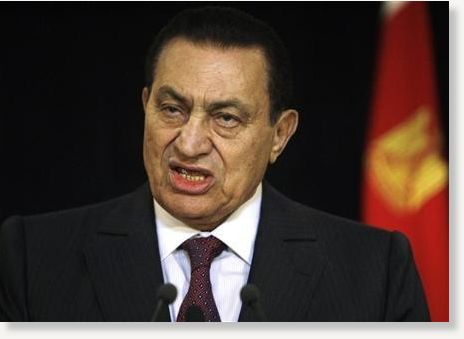OF THE
TIMES
A small body of determined spirits fired by an unquenchable faith in their mission can alter the course of history.
Former Defence Minister Tomasz Siemoniak … Please, note: Tomasz Siemoniak (probably his family name is in fact Siemoniuk) is a Ukrainian by...
America is placing nuclear weapons in Poland. If I may point out, the following:- 1. America instigated this war. 2. America overthrew the elected...
I wonde what all this attacked sites have in common. Might it be "Micro$oft Windows" ?!? :O
Seems to me this Alien reveal nonsense just puts Tucker squarely in the same role as Agent Musk. Tucker's interview and affect with Rogan strikes...
The depopulation agenda is clear. The globalists/Kabal will slowly starve out the majority of the population. Presently, most of our food comes...
To submit an article for publication, see our Submission Guidelines
Reader comments do not necessarily reflect the views of the volunteers, editors, and directors of SOTT.net or the Quantum Future Group.
Some icons on this site were created by: Afterglow, Aha-Soft, AntialiasFactory, artdesigner.lv, Artura, DailyOverview, Everaldo, GraphicsFuel, IconFactory, Iconka, IconShock, Icons-Land, i-love-icons, KDE-look.org, Klukeart, mugenb16, Map Icons Collection, PetshopBoxStudio, VisualPharm, wbeiruti, WebIconset
Powered by PikaJS 🐁 and In·Site
Original content © 2002-2024 by Sott.net/Signs of the Times. See: FAIR USE NOTICE

Reader Comments
to our Newsletter